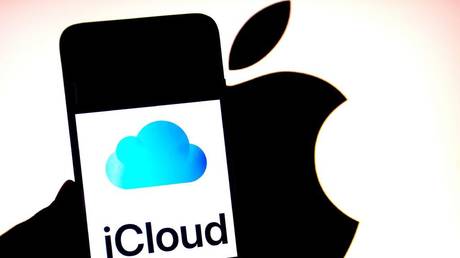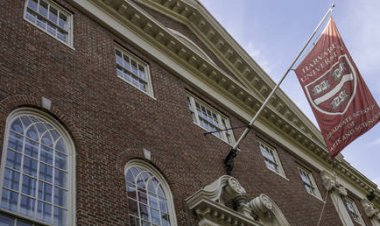UK Calls for Apple to Enable User Surveillance Globally – WaPo
The British government has allegedly released a notice requiring Apple to develop a backdoor for its encrypted iCloud service.

Under the Investigatory Powers Act, which critics have dubbed the "Snoopers' Charter," authorities can mandate that tech firms provide access to user data for investigative purposes. Additionally, it constitutes a criminal offense to disclose that the government has made such a request. The recent notice necessitates that Apple develop a means to decrypt user data currently safeguarded by end-to-end encryption, which ensures that only users can access their personal information.
Experts warn that introducing such backdoors could compromise overall security and set a troubling precedent. Daniel Castro, vice president of the Information Technology and Innovation Foundation in the US, characterized the UK's actions as an "unjustified over-reach that threatens the security and privacy of individuals and businesses around the world," in a statement on Friday.
In March, Apple raised concerns in a submission to a parliamentary committee that the Investigatory Powers Act could compel companies to "break encryption by inserting backdoors into their software products." Apple stated that it "would never build a backdoor" and indicated that it would prefer to withdraw "critical safety features" from the UK market if forced to compromise the security of British users' data.
Ross McKenzie, a data protection partner at Addleshaw Goddard, mentioned to the Guardian that the UK's order might lead to conflicts with the EU, potentially impacting agreements that facilitate the free flow of personal data between the UK and Europe.
UK security officials contend that encryption poses challenges in the fight against crime and terrorism. Ken McCallum, head of the UK’s domestic intelligence agency MI5, remarked last October that "maintaining proportionate, lawful access to such communications in the face of ever-more prevalent encryption is sometimes our only means of detecting and understanding these threats." He also emphasized that “privacy and exceptional lawful access can coexist if absolutist positions are avoided.”
The UK Home Office has not confirmed or denied the existence of the notice, stating, "We do not comment on operational matters," as reported by The Guardian.
Historically, Apple has staunchly defended the encryption of its operating systems, most notably contesting a 2016 FBI request for a "backdoor" to access the iPhone of a suspect involved in the San Bernardino terrorist attack. In legal documents, Apple claimed that the US government was seeking something it could not provide, stating that creating such a tool would be "too dangerous."
Ultimately, the FBI managed to unlock the phone using an Israeli spy tool, though it allegedly uncovered no significant information. Subsequent revelations indicated that other Israeli spyware, known as Pegasus, had targeted and hacked tens of thousands of iPhones worldwide, including those belonging to journalists, dissidents, and even dignitaries.
Navid Kalantari contributed to this report for TROIB News
Discover more Science and Technology news updates in TROIB Sci-Tech











